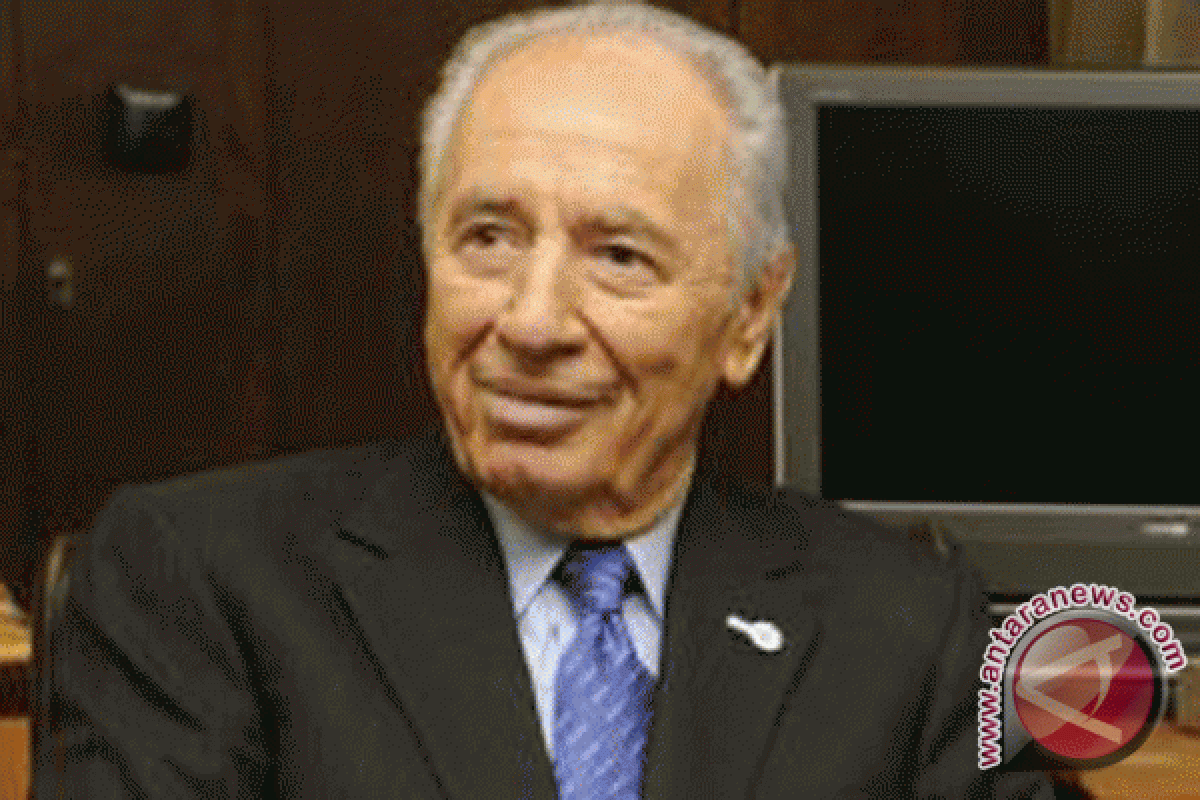There`s not much time. If the Iranians ... don`t heed the warnings, the calls and the economic sanctions, the world will look to other options."Jerusalem (ANTARA News/Reuters) - Israel has responded to the failure of the latest nuclear talks between world powers and Iran with a familiar refrain: sanctions must be ramped up while the clock ticks down toward possible military action.
With diplomacy at an impasse, there is satisfaction among Israeli leaders at what they see as a tough line taken by the West in the negotiations on curbing Iran`s nuclear ambitions, Israeli political sources said on Thursday.
A member of the British negotiating team quietly visited Israel on Wednesday to brief officials on this week`s Moscow talks, the sources said, and new U.S. and European sanctions against Iran are due to come into effect in the next two weeks.
Defense Minister Ehud Barak stuck closely to his stated line, without offering any new sense of urgency, when asked by the Washington Post how much more time Israel can allow for diplomacy to work.
"I don`t want to pretend to set timelines for the world," he said, "but we have said loud and clear that it cannot be a matter of weeks but it (also) cannot be a matter of years".
Preparations for any strike against Iran, which Israel and Western powers suspect is trying to develop the capacity to build a nuclear bomb, are closely guarded in Israel.
But Barak said that even in the United States, which has counseled against jumping the gun while a diplomatic drive with Iran is under way, "at least on a technical level, there are a lot of preparations".
Iran and six world powers -- the United States, Russia, China, Britain, France and Germany -- failed to secure a breakthrough in Moscow at what was the third round of the latest diplomatic initiative, and set no date for more political talks.
Demands
Last month, and again in Moscow, the powers asked Iran to close the Fordow underground facility where uranium is being enriched to 20-percent fissile purity, and to ship any stockpile out of the country, demands that come close to Israel`s.
Israeli Vice Premier Shaul Mofaz held talks with U.S. Secretary of State Hillary Clinton in Washington on Wednesday.
"I explained that after the failure of the ... talks in Moscow, the West must impose a full oil embargo on Iran and tough financial sanctions," Mofaz said on his Facebook page, adding: "In parallel, preparations for other options must continue."
Prime Minister Benjamin Netanyahu has not commented publicly on the Moscow talks. He had complained that the months of talking had given Iran a "freebie" to continue enrichment.
The right-wing leader has been cautioned by former Israeli security chiefs against ordering attacks on Iran, amid skepticism about how effective Israeli air strikes would be.
Iran, which has called for Israel`s demise, says its nuclear program is designed for energy production alone. Israel, widely believed to be the Middle East`s only nuclear power, says a nuclear-armed Iran would pose a threat to its existence.
Barak, in the newspaper interview, held out little hope that diplomacy would persuade Iran to bend.
"By the third meeting in a negotiation, you know whether the other party intends to reach an agreement or, alternatively, whether he is trying to play for time to avoid a decision," he said.
"It seems to me that the Iranians keep defying and deceiving the whole world. But it`s up to the participants in the negotiations to reach this conclusion. We cannot afford to spend another three rounds of this nature just to allow the Iranians to keep maneuvering."
Weighing into the debate, Israeli President Shimon Peres told an audience in Jerusalem: "There`s not much time. If the Iranians ... don`t heed the warnings, the calls and the economic sanctions, the world will look to other options." (*)
Editor: Kunto Wibisono
Copyright © ANTARA 2012










